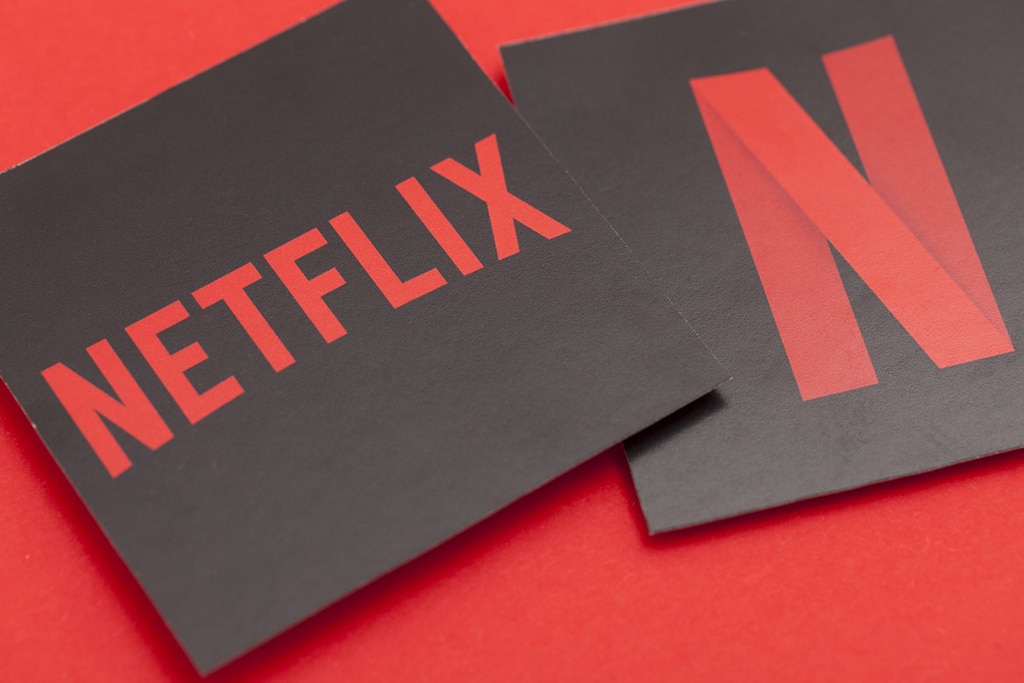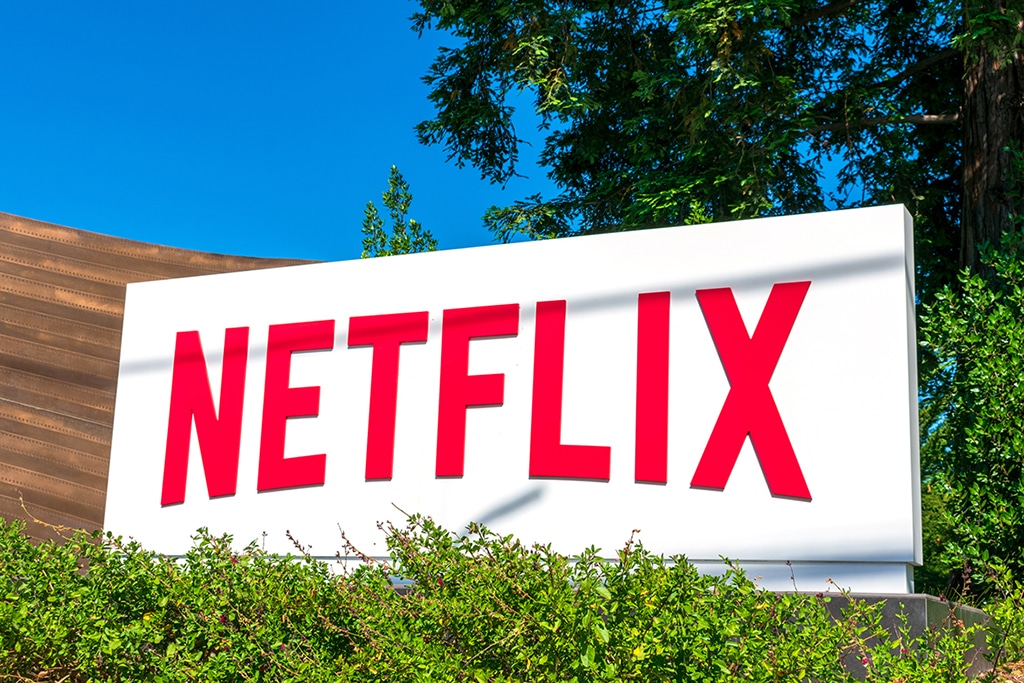
Darya is a crypto enthusiast who strongly believes in the future of blockchain. Being a hospitality professional, she is interested in finding the ways blockchain can change different industries and bring our life to a different level.
Netflix is still providing its services to Russian subscribers, but it is not yet clear whether there were any negotiations between the company and Russian regulators and how Netflix’s decision will affect its operating in Russia.

The world’s leading entertainment services company Netflix Inc (NYSE: NFLX) has responded to the new Russian regulation that would require the streaming service to distribute state-backed channels by saying that it would not add them to its Russian service. As Netflix has explained, such a decision resulted from Russia’s military invasion of Ukraine.
In December 2021, Russian regulator Roskomnadzor (The Federal Service for Supervision of Communications) added Netflix to its register for audiovisual services because the SVOD reached over 100,000 subscribers. Once it happened, Netflix was to start streaming 20 free-to-air news, sports, and entertainment channels backed by the state. The law, known as the Vitrina TV law, required Netflix to add channels like Channel One, NTV, and Spa starting from March 1. Channel 1 broadcasts Putin propaganda. NTV is an entertainment network, while Spa is a Russian Orthodox Church channel.
Following the Russian attack on Ukraine, Netflix said it would not collaborate with the Russian administration.
Netflix spokesperson stated:
“Given the current situation, we have no plans to add these channels to our service.”
Netflix first launched its streaming service in Russia back in October 2020. Currently, it operates in 190 countries. It is still providing its services to Russian subscribers, but it is not yet clear whether there were any negotiations between the company and Russian regulators and how Netflix’s decision will affect its operation in Russia. Notably, the streaming service has content that does not favor Russian authorities. The materials include documentaries like 2015’s “Winter on Fire: Ukraine’s Fight for Freedom” and “How to Become a Tyrant.” The former depicts the protests that led to the ouster of Ukrainian President Viktor Yanukovych after he chose to collaborate with Russia instead of the European Union, while the latter is a story of Soviet dictator Joseph Stalin.
Immediately after the Russian invasion of Ukraine, governments and giant corporations responded by harsh measures such as imposing sanctions and limiting their activity in Russia.
On Saturday, the United States, the European Union, the United Kingdom, and Canada banned certain Russian banks from the SWIFT network, which is a hard hit on the country’s economy. They also froze Russian biggest banks’ assets. Further, the US banned Russia’s top 10 financial institutions (which is about 80% of the country’s banking sector) from conducting transactions through the US system. All the 351 members of Russia’s parliament, the Duma, have faced individual sanctions from the EU.
Many countries have announced restrictions on the export of products to Russia.
Actions against Russia have also affected entertainment and sports events. In particular, Russia has been banned from participating in the Eurovision song contest. Besides, the UEFA Champions League final has moved from Saint Petersburg to Paris.
Disclaimer: Coinspeaker is committed to providing unbiased and transparent reporting. This article aims to deliver accurate and timely information but should not be taken as financial or investment advice. Since market conditions can change rapidly, we encourage you to verify information on your own and consult with a professional before making any decisions based on this content.

Darya is a crypto enthusiast who strongly believes in the future of blockchain. Being a hospitality professional, she is interested in finding the ways blockchain can change different industries and bring our life to a different level.




